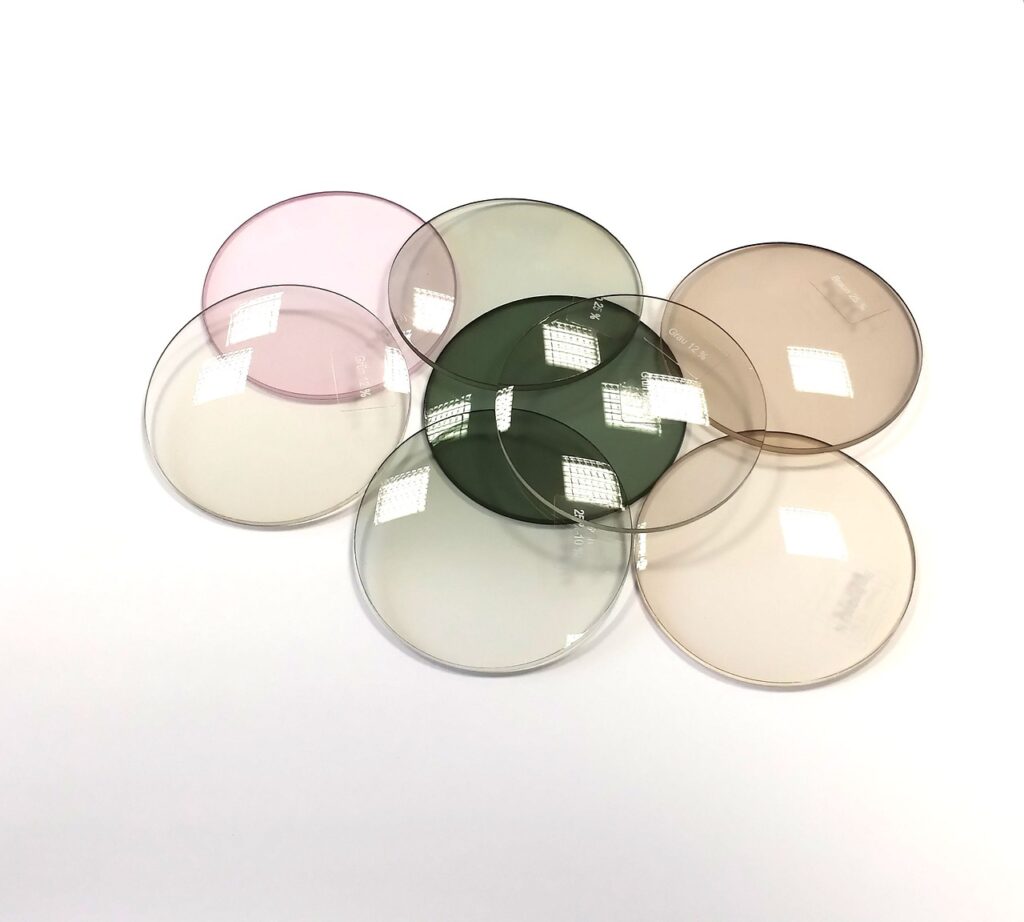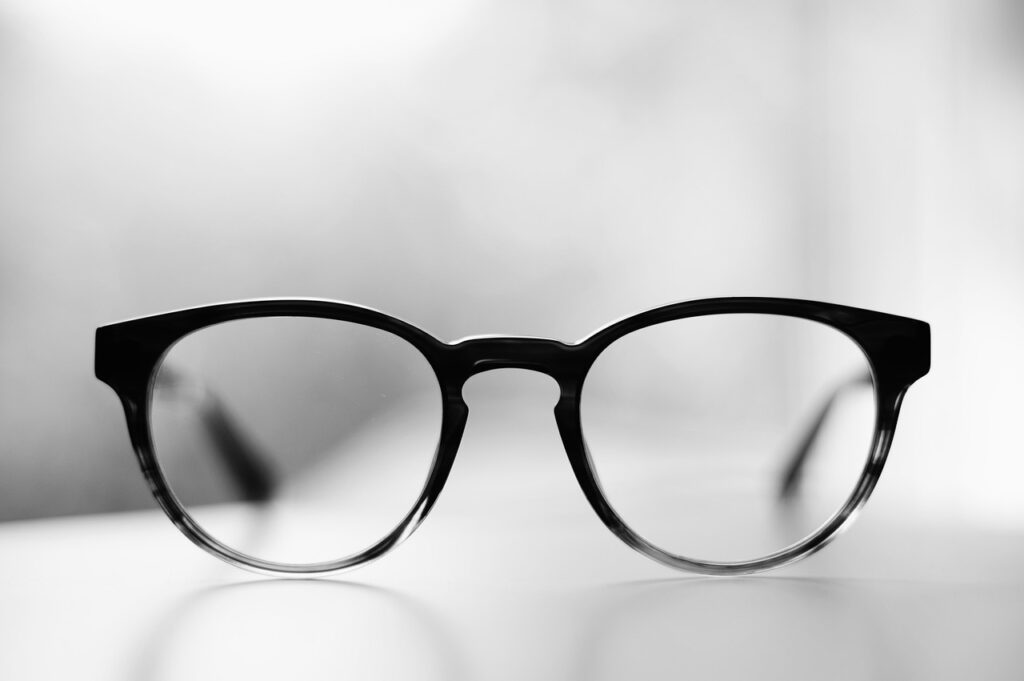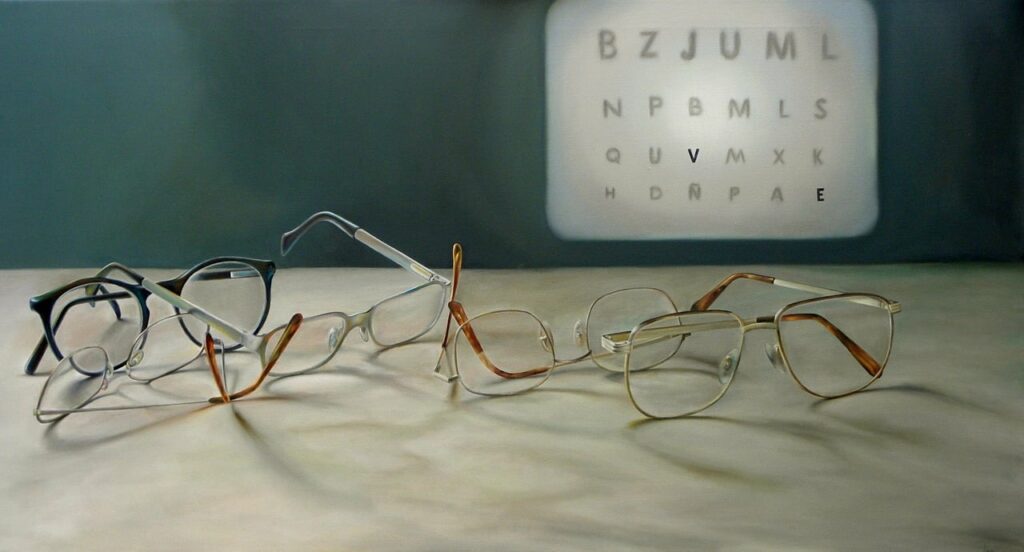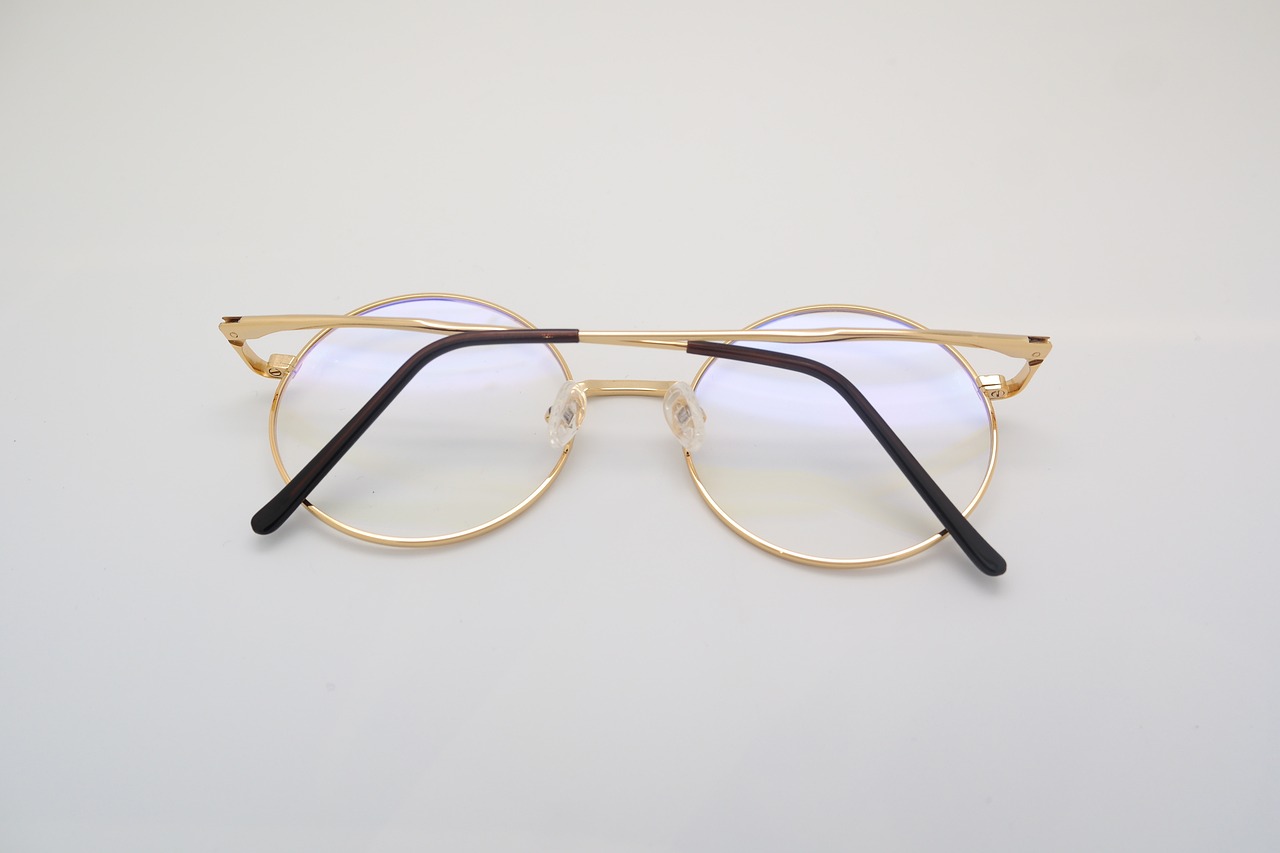When it comes to picking out a new pair of eyeglasses, the lens material is just as important as the frame. The right lens material can not only improve your vision but also make your glasses more comfortable, durable, and stylish. With so many options available, finding the best lens material for your glasses may seem like a daunting task, but it doesn’t have to be. Whether you’re dealing with everyday tasks, outdoor adventures, or long hours in front of a screen, the right lens material can make a huge difference.
In this post, we’ll dive into the most popular lens materials available today and help you determine which one is the best fit for your needs. If you’re looking to buy glasses online with insurance or simply want to understand the differences between lens options, this guide is for you. Let’s take a closer look!
Understanding the Basics of Lens Materials
Before we dive into the details of the best lens material, it’s essential to understand the basic components of a lens. Typically, lenses are made from various materials that impact their weight, durability, clarity, and cost. Your choice of material will influence the overall comfort and performance of your glasses, as well as their ability to resist scratches and stay clear over time.
When considering glasses frames materials, it’s important to take into account the activities you do daily. For instance, people who wear glasses for extended periods while working or studying might want to consider lenses that help reduce eye strain, such as blue light glasses. For those who lead a more active lifestyle or enjoy sports, lenses that offer extra durability and resistance to impacts will be important.

The Most Common Lens Materials
Now, let’s explore the most common lens materials and discuss their pros and cons. By the end of this section, you’ll have a better idea of which material best suits your lifestyle.
1. Polycarbonate Lenses
Polycarbonate lenses are some of the most popular and durable options available. Known for their high-impact resistance, they are perfect for kids glasses or anyone involved in activities that require high durability. These lenses are lightweight, making them more comfortable for long hours of wear, and they provide UV protection, which is an added bonus for outdoor enthusiasts.
Polycarbonate lenses are also a great option if you’re looking for something that’s not likely to crack or shatter easily. However, while they are durable, they can sometimes be prone to scratches, so be sure to clean glasses between lens and frame regularly to maintain their appearance.
2. High-Index Lenses
If you need a stronger prescription but don’t want thick, bulky lenses, high-index lenses might be the solution. These lenses are made from a material that is denser than traditional plastic, allowing the lenses to be thinner and lighter. If you’re looking for a more stylish option, high-index lenses can help you achieve a sleek look without compromising on vision correction.
People with stronger prescriptions often opt for high-index lenses because they help reduce the thickness of the lenses, making them a popular choice for those who prefer eyeglasses that don’t look heavy or thick.

3. Trivex Lenses
Trivex lenses are very similar to polycarbonate lenses in terms of durability and lightweight feel. The primary difference is that Trivex offers better optical clarity and resistance to scratching. This makes them a great choice for those who want both impact resistance and a clear, sharp vision.
Since Trivex lenses offer a balance between clarity and durability, they are a good choice for prescription glasses for people who need both comfort and protection.
4. Glass Lenses
While glass lenses used to be the most popular choice for glasses, they’ve been largely replaced by lighter and more durable materials in recent years. However, glass lenses still have their place. Known for their superior optical clarity, glass lenses are ideal for those who want the sharpest possible vision.
However, glass lenses are much heavier than their plastic counterparts, and they can be prone to breakage, so they are not recommended for active individuals. If you’re using night driving glasses or lenses for other specific purposes, you might want to weigh the pros and cons carefully before choosing glass lenses.
Special Considerations When Choosing Lens Material
Now that we’ve gone over some of the most common materials, it’s time to think about your personal needs and preferences. The best lens material for you will depend on a variety of factors, such as your prescription, lifestyle, and budget. Here are some things to consider when making your choice:

1. Impact Resistance and Durability
If you’re active or have kids, durability should be one of your top priorities when selecting a lens material. As mentioned earlier, polycarbonate lenses and Trivex lenses are great for impact resistance. For sports enthusiasts or parents buying kids glasses, these materials are ideal for ensuring longevity and safety.
2. Weight and Comfort
Nobody wants to feel weighed down by heavy glasses. If comfort is a priority, opt for lightweight materials like polycarbonate, high-index lenses, or Trivex. The lighter the lens, the more comfortable your glasses will be throughout the day. For those who wear reading glasses or other specialty eyewear, keeping the weight to a minimum can help prevent neck strain and discomfort.
3. Clarity of Vision
For people who prioritize sharp, crystal-clear vision, glass lenses might be the best option. Although heavier, they offer excellent optical clarity and are ideal for people with high prescriptions who don’t mind the extra weight. Alternatively, high-index lenses offer a balance between clarity and weight.
4. UV Protection
UV protection is essential for protecting your eyes from harmful rays, especially if you spend a lot of time outdoors. Both polycarbonate lenses and Trivex lenses offer built-in UV protection, so you can enjoy your day without worrying about the sun’s harmful effects on your eyes. If you want extra protection, consider sunglasses wholesale Dubai or lenses with an additional UV coating. Which Lens Material is Right for You?
Which Lens Material is Right for You?
Choosing the best lens material for your glasses ultimately depends on your personal needs, preferences, and lifestyle. Whether you prioritize durability, comfort, or optical clarity, there’s a lens material that’s perfect for you. Don’t hesitate to consult with your optometrist to find the best material for your prescription and needs.
We’d love to hear about your experiences with different lens materials! Which one have you tried, and which do you think is the best? Feel free to leave a comment and share your thoughts!
If you’re ready to shop for your perfect pair of glasses, be sure to check out our collection at optics4less.com.

